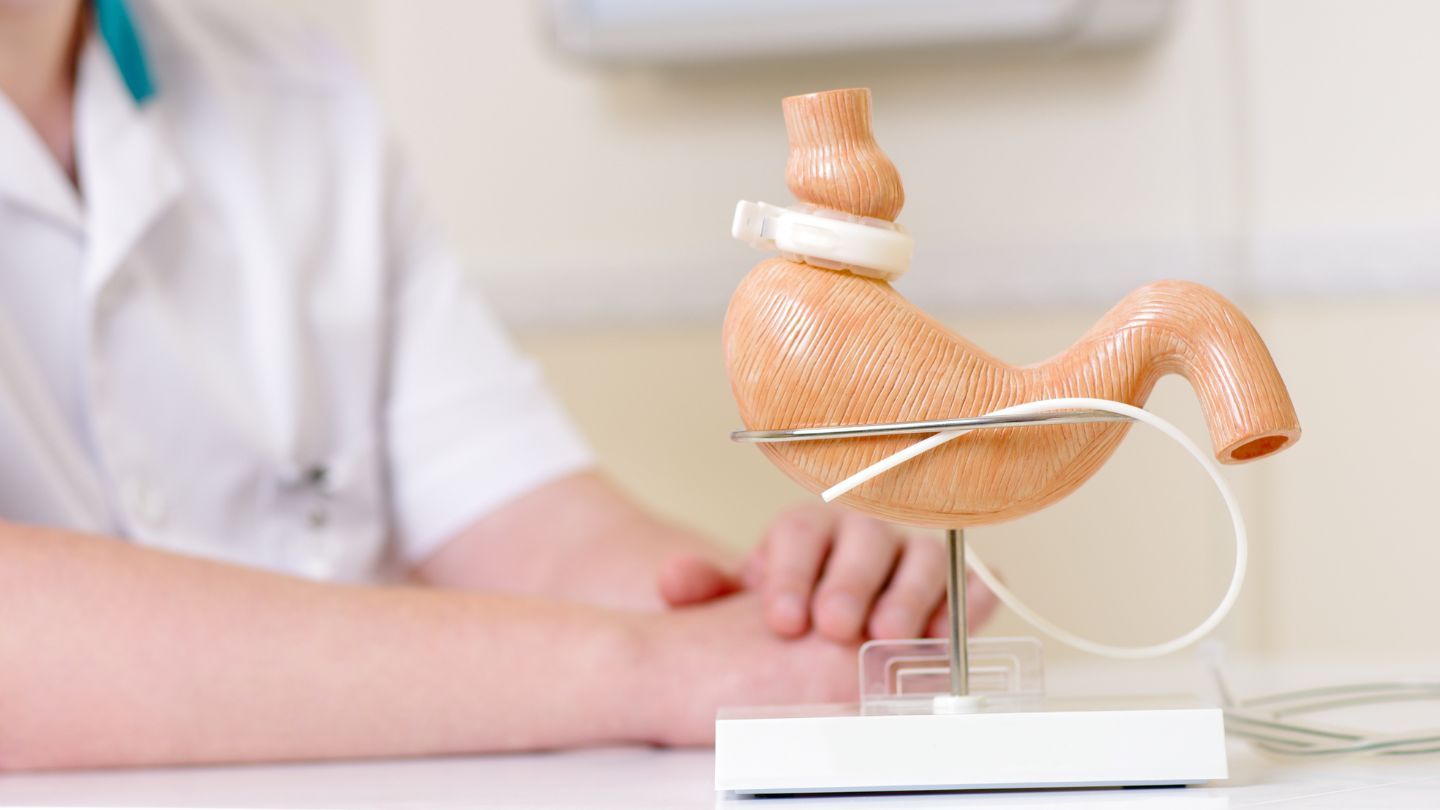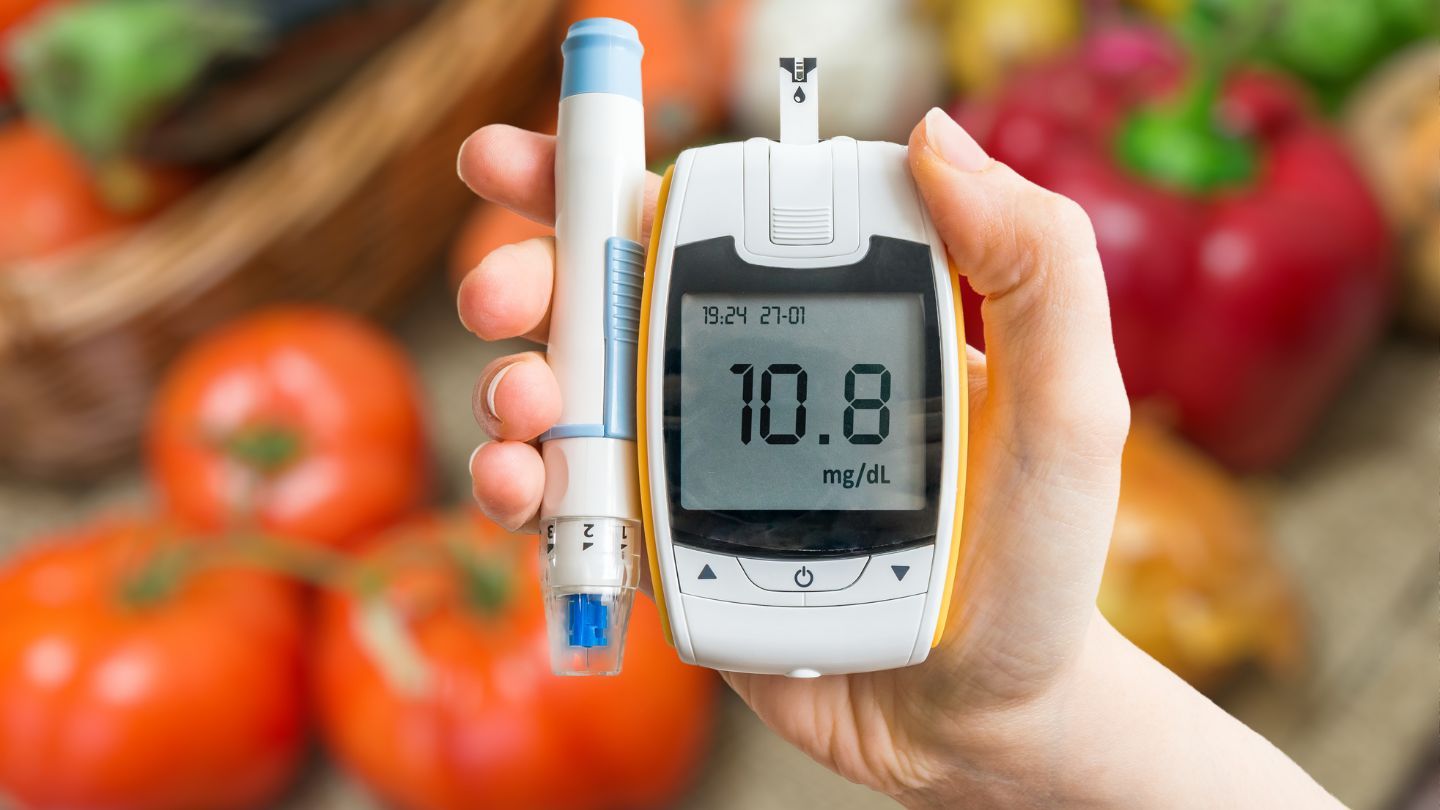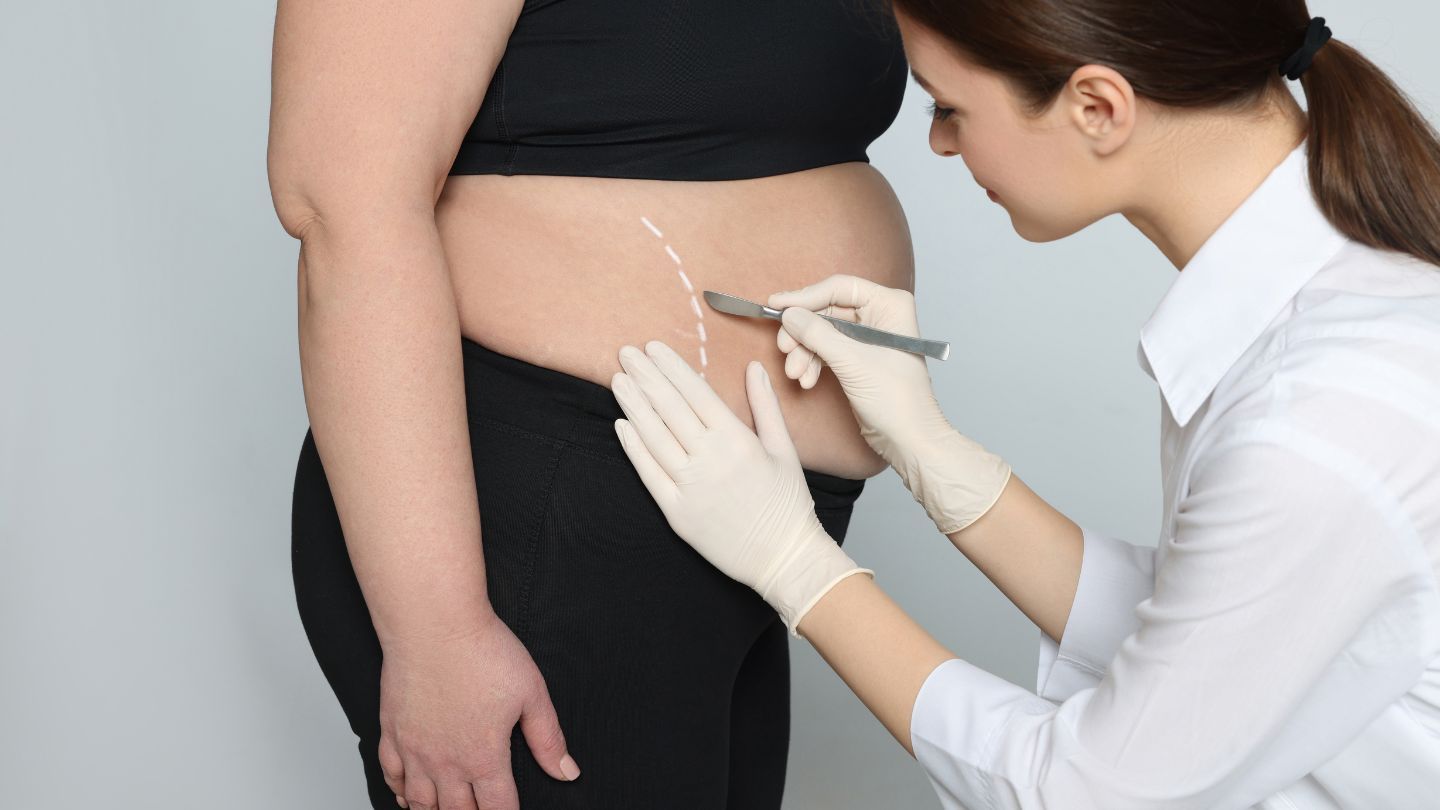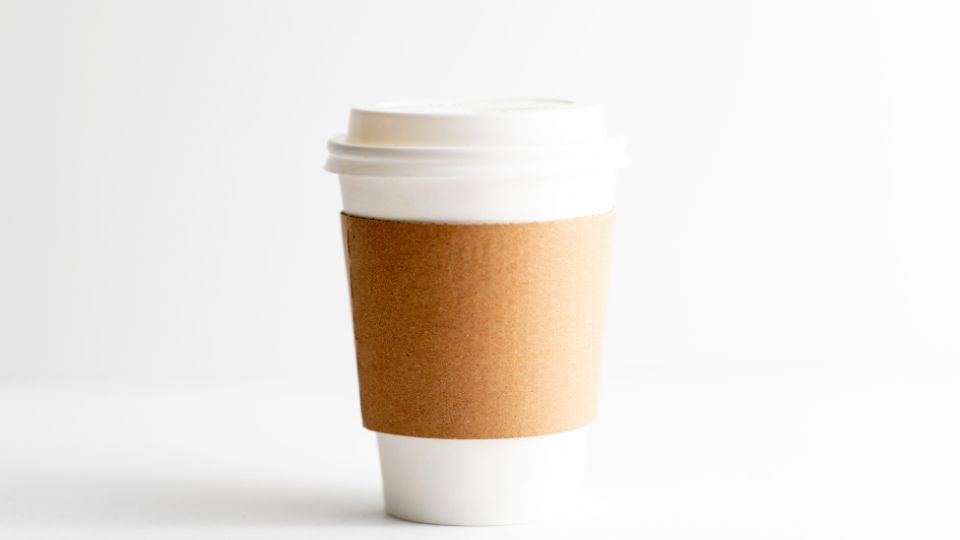Does Obesity Cause Strokes?
Does obesity cause strokes? Yes, being obese raises your risk of stroke by contributing to high blood pressure, diabetes, and high cholesterol. This blog will explain how obesity leads to these conditions and offer tips for reducing your stroke risk.
Key Takeaways
- Obesity, defined by a BMI of 30 kg/m² or greater, significantly heightens the risk of stroke through mechanisms such as high blood pressure, diabetes, and inflammation.
- The prevalence of metabolic syndrome is markedly higher among obese individuals, leading to a threefold increased risk of stroke compared to those without it.
- Timely lifestyle interventions, including healthy eating and regular physical activity, are essential in preventing obesity-related stroke risks, with bariatric surgery offering a substantial reduction in stroke incidence for severely obese patients.
Understanding Obesity and Stroke

Obesity is defined by a BMI of 30 kg/m² or higher, calculated using an individual’s height and weight. Those with a BMI over 25 are considered overweight, and a BMI of 30 or higher classifies as obese.
Strokes occur in two primary forms: ischemic and hemorrhagic. Ischemic strokes result from blocked blood vessels, while hemorrhagic strokes involve bleeding in the brain. Both types can lead to severe disability or death.
The link between obesity and stroke risk is significant. Excess weight increases the likelihood of high blood pressure, diabetes, and high cholesterol, all of which contribute to stroke risk. Obesity is recognized as an independent risk factor for stroke, emphasizing its direct impact on stroke development.
How Obesity Increases Stroke Risk

Excess weight significantly raises the risk of high blood pressure, a leading cause of stroke. Obesity is also linked to diabetes, high LDL cholesterol, and heart disease. These conditions create a dangerous cycle, each worsening the other and increasing stroke risk.
Higher BMI is directly associated with hypertension, high glucose levels, and abnormal cholesterol profiles, key components of metabolic syndrome. This syndrome, marked by high blood pressure, elevated blood sugar, and excess abdominal fat, greatly increases stroke risk factors.
Obesity leads to excessive fat tissue, fostering inflammation and accelerating atherosclerosis through plaque buildup in arteries, which can cause strokes. This inflammatory process and plaque development are crucial in how obesity heightens stroke risk.
The Link Between Body Mass Index and Stroke Incidence
An increase in body mass index (BMI) correlates with a higher risk of ischemic stroke. Research shows that each BMI increment above 20 raises the risk by 5%. Monitoring and managing BMI is crucial for stroke prevention.
Obese patients who experience a stroke or transient ischemic attack (TIA) may have better outcomes and lower dependency compared to those with a normal BMI, highlighting the obesity paradox in stroke recovery.
Men with excess weight have a significantly higher risk of ischemic strokes compared to those with normal weight. The risk for hemorrhagic stroke differs by gender, with obese men showing increased risk while women do not. This suggests men are more susceptible to high-BMI-related stroke complications.
Maintaining a healthy BMI is vital due to its direct link to stroke risk. Effective BMI management is essential to reduce the likelihood of both ischemic and hemorrhagic strokes. This discussion will further explore how metabolic syndrome components contribute to increased stroke risk due to excessive body weight.
The Link Between Obesity and Ischemic Stroke
Obesity is a well-established risk factor for ischemic stroke, and the relationship between the two is complex and multifaceted. Research has shown that excess weight, particularly in the abdominal area, can increase the risk of ischemic stroke by promoting the development of cardiovascular disease, insulin resistance, and other risk factors.
One of the primary ways in which obesity contributes to ischemic stroke is by increasing blood pressure. Excess weight can lead to high blood pressure, which is a major risk factor for stroke. High blood pressure can cause damage to the blood vessels in the brain, making them more susceptible to blockages and rupture.
In addition to high blood pressure, obesity is also associated with other cardiovascular risk factors, including high cholesterol, diabetes mellitus, and coronary heart disease. These conditions can increase the risk of ischemic stroke by damaging the blood vessels and reducing blood flow to the brain.
Obesity can also lead to insulin resistance, a condition in which the body becomes less responsive to insulin. Insulin resistance is a major risk factor for type 2 diabetes, which is a significant risk factor for ischemic stroke.
Furthermore, obesity can increase the risk of ischemic stroke by promoting the development of vascular risk factors, such as carotid artery stenosis and peripheral artery disease. These conditions can reduce blood flow to the brain and increase the risk of ischemic stroke.
Impact of Obesity on Young Adults
Young adults under 50 with a decade-long history of obesity face a 25% to 60% higher risk of heart attacks and strokes. This is especially true for men under 65 and women under 50. The longer one remains obese, the higher the risk for coronary heart disease, highlighting the long-term cardiovascular consequences.
Obese young men have a 73% higher stroke risk compared to those with a healthy BMI. These statistics stress the importance of early obesity intervention to prevent future cardiovascular events. Adopting healthier lifestyle choices early can significantly reduce the risk of such life-threatening conditions.
Globally, excess weight among youth is a growing concern impacting well-being. Addressing this issue requires efforts to change behaviors linked to higher risks. Shifting to healthier habits is crucial for reducing stroke vulnerability and other cardiovascular ailments in young adults worldwide.
Potentially Modifiable Risk Factors
Several lifestyle factors, such as an unhealthy diet and insufficient physical activity, can amplify the risk of stroke through various mechanisms. Adopting a well-balanced diet and regular exercise routine may stave off metabolic syndrome along with its accompanying risks. Effective measures for primary prevention of strokes involve achieving a healthy weight, participating in consistent physical activities, and following dietary guidelines.
Adhering to health-conscious practices can notably decrease the likelihood of experiencing a stroke. Reducing consumption of saturated fats, trans fats, and cholesterol while boosting fiber intake are ways to regulate cholesterol levels. Embracing diets low in sodium but rich in potassium is instrumental in managing blood pressure levels—thereby mitigating stroke risk.
Read more: Bariatric Surgery Vs. Diet and Exercise
Primary Prevention Strategies
Early intervention in obesity treatment is vital for preventing cardiovascular issues. Prompt action can significantly improve cardiovascular health, especially among young adults. Embracing a variety of healthy lifestyle habits is more effective in reducing stroke risk than focusing on a single factor.
Healthy Eating Habits
Proper dietary practices are key to maintaining a healthy weight and reducing stroke risk. Increasing vegetable intake has been linked to lower stroke risk, while fruit intake results are inconsistent. Aim for a daily caloric intake of 1,550 to 2,050 calories to control weight effectively.
Incorporate vegetables, fruits, fish, nuts, legumes, and whole grains into your diet. The Mediterranean diet, which emphasizes these foods, is known to reduce stroke risk. Consistent adherence to these eating patterns can help maintain a healthy weight and overall wellness.
Regular Physical Activity
Regular physical activity significantly reduces the risk of ischemic and hemorrhagic strokes. The CDC recommends 150 minutes of moderate-intensity or 75 minutes of vigorous-intensity exercise per week. Weight reduction through exercise involves burning more calories than consumed.
Regular physical activity helps maintain a healthy weight and enhances cardiovascular health. Combining frequent physical activity with a nutritious diet is an effective strategy for minimizing stroke risk and promoting overall health.
Read more: How Much Protein Do You Really Need After Bariatric Surgery: A Complete Guide to Optimal Health
Role of Bariatric Surgery in Reducing Stroke Risk
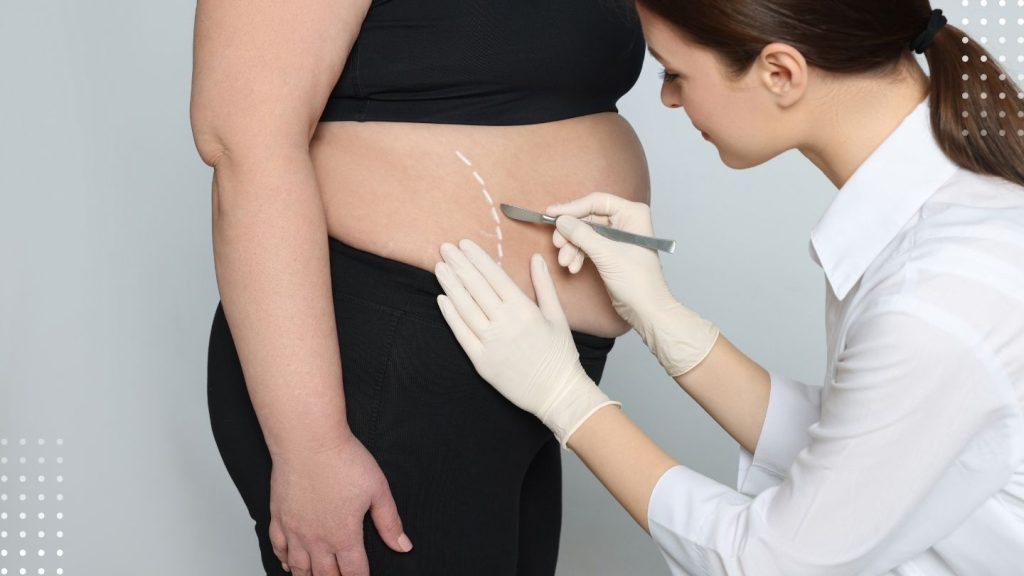
Studies have demonstrated a substantial reduction in the risk of stroke following bariatric surgery, with reported decreases in stroke occurrence exceeding 50% after the procedure. Evidence supports that undergoing bariatric surgery offers protection from strokes. Notably, patients who have had bariatric surgery tend to experience improvements across various health markers, significantly enhancing their metabolic conditions.
Postoperative reports from these individuals often show considerable declines in comorbidities related to obesity, including hypertension and type 2 diabetes. The extent of weight loss observed after undergoing such surgical interventions typically falls between 30% to 50% at six months post-surgery and may reach up to a remarkable 77% by the end of one year. These outcomes serve as strong indicators of how effective bariatric surgery can be not only for lowering stroke risk but also for better overall well-being.
Recognizing how impactful bariatric surgery is for controlling excessive weight and diminishing the danger associated with strokes highlights its vital role as an option for those dealing with morbid obesity.
Summary
Being overweight significantly raises stroke risk by causing high blood pressure, diabetes, and high cholesterol. The link between BMI and stroke, especially ischemic strokes, highlights the need for maintaining a healthy weight. Metabolic syndrome, associated with obesity, further increases stroke risk, making timely intervention essential.
Young adults can also face obesity-related cardiovascular issues, including heart attacks and strokes. Addressing risk factors like poor diet and inactivity can reduce stroke risk. Primary prevention strategies, such as healthy eating and regular exercise, are crucial for heart health.
For those with severe obesity, bariatric surgery effectively reduces stroke risk and improves overall wellness. Managing excess weight is key to preventing future strokes and enhancing quality of life.
Dedicated Support for Your Weight Loss Journey
At Lenox Hill Bariatric Surgery Program, our dedication lies in assisting people on their journey towards significant weight reduction, which benefits their long-term well-being. Our specialized team delivers quality care tailored specifically for each patient, aiming for optimal post-treatment results. If you’re dealing with obesity and its related complications, we encourage you to explore our program. Taking that first step could significantly enhance your health and future well-being.
We provide the safest and most effective bariatric surgery in New York. Our comprehensive approach ensures that you receive the highest quality care tailored to your unique needs. Visit us to learn more about our services and how we can help you achieve a healthier, happier life. Let’s take this journey together towards better health and well-being. Contact us today.

